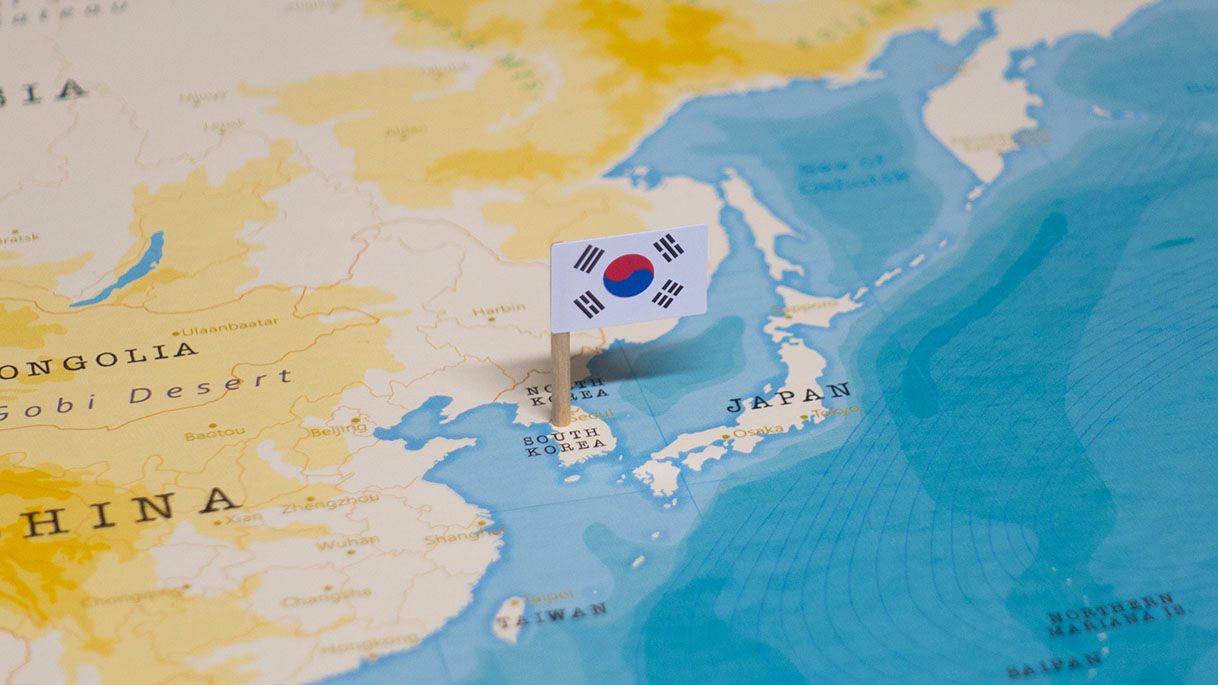Executive Brief

US-ROK Summit
Broadening AlliancesSouth Korean President Yoon Suk-yeol paid a state visit to the US from 24 to 30 April to mark the 70th anniversary of the US–South Korea (ROK) alliance. President Biden and Yoon signed the “Washington Declaration” on the nuclear issue and issued a joint statement on the future of the US–ROK alliance and bilateral relations.
Extending the US nuclear umbrella and expanding the US-ROK alliance were the two most significant US–ROK agreements pertaining to China.
Extending US Nuclear Umbrella.President Biden highlighted that the US commitment to extended deterrence to the ROK is backed by the full range of US capabilities, including nuclear. According to the Washington Declaration, the US will share its nuclear and strategic planning for the Korean peninsula with the ROK through the newly created Nuclear Consultative Group.
The Alliance will work to enable joint execution and planning for ROK conventional support to US nuclear operations in a contingency and improve combined exercises and training activities on the application of nuclear deterrence on the Korean Peninsula.
Moreover, as stated in the Declaration, the US will further enhance the regular visibility of strategic assets to the Korean Peninsula, as evidenced by the upcoming visit of a US nuclear ballistic missile submarine to ROK. In response, the ROK agreed not to develop nuclear weapons; Yoon previously had floated the idea of creating ROK’s independent nuclear capability.
Expanding US–ROK Alliance.The two leaders stated, “Our alliance has grown far beyond the Korean Peninsula, reflecting the vital role of our two countries as global leaders in advancing democracy, economic prosperity, security, and technological innovation.”
They emphasized the importance of the US– ROK–Japan trilateral relationship. The US welcomed the ROK’s developing partnership with NATO, while the ROK supports the launching of the Australia–UK–US partnership (AUKUS).
President Biden expressed appreciation for President Yoon’s initiative to embrace greater regional and global responsibilities, and both issued a joint statement announcing South Korea as the host of the third Summit.
China's ReactionBeijing perceived the US–ROK “Washington Declaration” was directed at China, without naming China, on references to the Taiwan Strait, South China Sea, foreign investment, economics, semiconductors, and space in the joint statement.
- The presidents reiterated the importance of preserving peace and stability in the Taiwan Strait as an indispensable element of security and prosperity in the region.
- The two leaders strongly opposed any unilateral attempts to change the status quo in the Indo-Pacific, including through unlawful maritime claims, the militarization of reclaimed features, and coercive activities... also reaffirmed their commitment to preserving unimpeded commerce, freedom of navigation and overflight, and other lawful use of the sea, including in the South China Sea and beyond, as reflected in the UN Convention on the Law of the Sea.
- The two leaders reaffirmed the importance of deepening cooperation between our foreign investment screening and export control authorities, recognizing the necessity to take appropriate measures to ensure national security, while maintaining resilient global semiconductor supply chains and keeping up with rapid technological advancement.
- The two leaders share deep concerns about and express opposition to harmful uses of economic influence, including economic coercion, as well as the use of opaque tools with respect to foreign firms, and will cooperate with like-minded partners to counter economic coercion” and “commit to work together to address market-distorting practices.
- Both sides will work towards advancing bilateral space situational awareness cooperation in response to growing space risks and threats, and ensuring a safe, secure, and sustainable space environment through further development of norms of responsible behaviors.
On 27 April China’s Foreign Ministry spokeswoman responded to the US–ROK statement, particularly the nuclear agreement,
“The US puts its own geopolitical interests before the security of the whole region. The US has been a source of tension through exploiting the issues on the Korean Peninsula.
The US behavior is a result of its Cold War mentality. What the US has done stokes bloc confrontation, undermines the nuclear non- proliferation system, and hurts the strategic interest of other countries. It has also increased tensions on the peninsula and jeopardized regional peace and stability. This is the very opposite of the goal to denuclearize the peninsula and we are firmly against this.”
Citing the Taiwan issue as China’s “internal affairs,” she added, “We urge the US and the ROK to see the true nature of the Taiwan question, follow the One China principle, be prudent when it comes to the Taiwan question, and avoid going further down the wrong and dangerous path
On 27 April China’s Foreign Ministry summoned a minister from the ROK embassy in Beijing late at night and expressed “strong dissatisfaction” over the “wrong expressions concerning China” in the US– ROK joint statement.
Download our recent executive brief to keep reading.